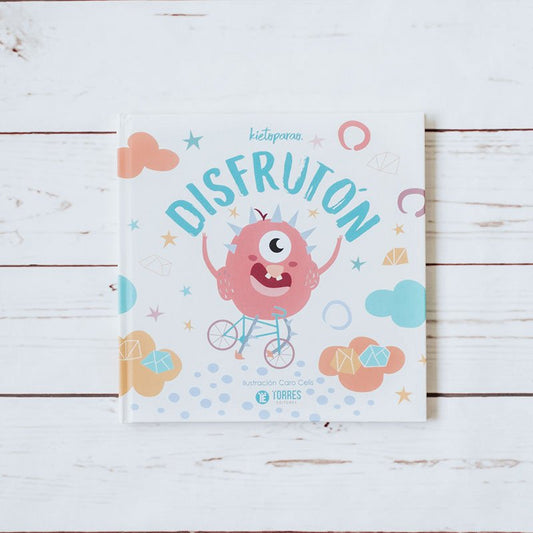
How is confinement affecting the use of technologies at home?
Compartir
The forecasts have not been spot on.
At first there was talk of a 50% increase in the use of technologies in confinement, but the data two weeks later showed a 180% increase according to the Qustodio platform. We are worried here, honestly... And we have decided to inform you with this post because we believe that information gives us the power to make decisions as a family.
Online classes, video calls, a movie, Zumba, a game time...
More than five hours a day
Our friends at Friendly Screens have conducted a survey of parents on Twitter and from a sample of between 2,500-3,600 responses they have concluded that:
- 45% acknowledge that their sons and daughters spend more than 5 hours of their leisure time connected to screens.
- For 40%, the video game console is the activity to which they dedicate the most time compared to 13% of books.
- Sleep hours could be affected in up to 51% of cases.

It is important to remember that technologies are wonderful for keeping us connected, for being close to grandparents or friends. And it has allowed us to telework and tele-study. But we must distinguish the different uses of it. And also understand that each stage and each age is different.
The World Health Organization is clear: no screens until the age of two and as little as possible until the age of 5. From there, in our case we try to think the same: as little as possible. We always look for ways to play or invent. Reading, puzzles, inventing games, dressing up... and having them select the game helps a lot.
Limiting the use of technology and reaching agreements as a family is very important because the problems that “misuse” can bring us, in the long term, are many.
Just remind you that Steve Jobs, when he introduced the iPad, about which he spoke wonders, acknowledged in several interviews that his 14 and 12 year old children did not use it. We remind you of a post in which we talk about the relationship with technologies that the children of the great Silicon Valley gurus have.
Technological education should be just as important as others such as healthy eating, since mental and emotional health is also key in our development.
Risks
In this post from La Vanguardia , Marc Masip, creator of the Desconect@ center, talks about the consequences that this pandemic can have for many children and adolescents:
“Many young people are at high risk of suffering from mental health problems ,” says Marc Masip , director of the Desconect@ Psychological Institute and expert in addiction to new technologies. “Some parents will realize these days that their children have a problem. We are already seeing it. We receive many inquiries, and I think there will be an avalanche of demand when the confinement ends,” he predicts.
A few months ago we organized an event with Marc Masip, it was a success and no one left indifferent. Here we leave you the conclusions we draw.
What we can do as a family, if we have not done it yet:
- Limit the times of using technology together and ask them to think about schedules and alternatives.
- Select content that can add value: a video of a craft, a dance to play...
- Leave games or books at home that may spark their interest. If they like dinosaurs, leave a dinosaur book or game somewhere, this way we will awaken their curiosity.
How to manage teleworking with children?
We know it is not easy. In order to work and share space with them we have to find what motivates them outside of the screens. In addition to doing homework, we can look for leisure activities that can help us keep him entertained.
We don't have to be afraid of them playing alone, working to make them more and more autonomous will give us a lot of freedom.
It is also good to opt for educational alternatives that entertain them. At Kietoparao we have dozens of downloadables to help you with the task. Having to do math is not the same as doing mazes or solving challenges.
10 alternatives to screens:
- Audio stories. You have a good list on our Spotify channel .
- Music to discharge energy. A room, music and dancing to the fullest.
- Write letters, a diary, make drawings for friends or family...
- Puzzles. They have hours of fun.
- Learn to listen. Play music and try to identify instruments or follow rhythms.
- Challenges. There are hundreds of challenges that you can do, from this one with the glass that was so well known to a lot that have arisen in confinement. In our newsletter we propose one. Leave it at home...
- Make them responsible for the tasks: putting on the washing machine, making the bed, vacuuming...
- Check the refrigerator and pantry and make the shopping list.
- Independent game. It is very important that they play without being guided, that they invent their own games. For that, leave them in their room and they will decide how and what to play.
- Building games. They have endless possibilities, from Lego to block games, they are perfect so they don't stop creating.
We hope that with these ideas we can continue to focus on educating the little ones without the screens taking center stage. Playing and developing creativity to the maximum. We are doing the best we know how. So good luck!








